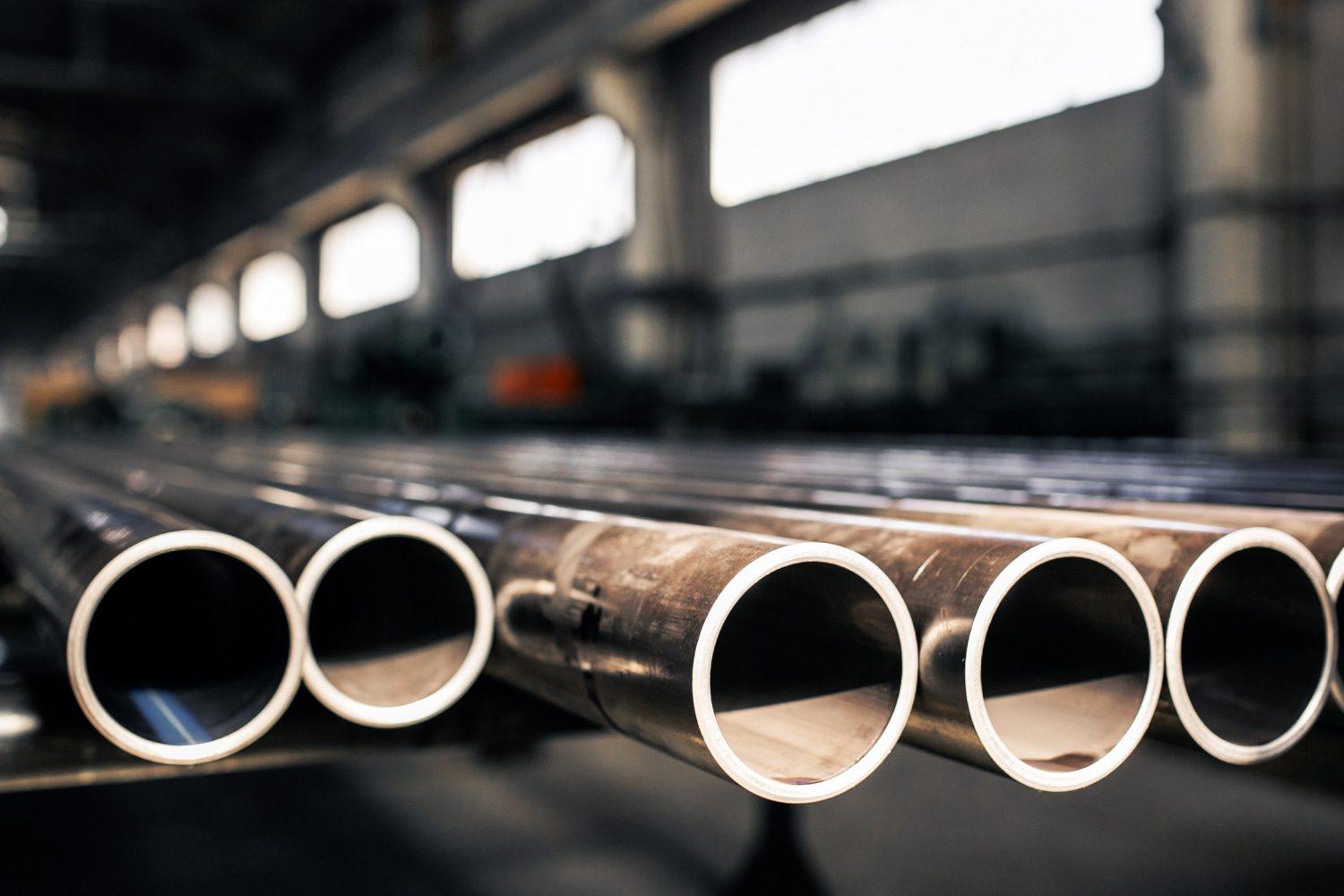Mastering Steel Pipes: A Guide for Industrial Suppliers

Welcome to the world of steel pipes—an essential guide crafted for those in the field of pipe suppliers. Steel pipes, these sturdy and versatile tools, have a fascinating story to tell. They begin as raw steel, undergo a remarkable transformation and find their way into a multitude of vital applications. As an industrial pipe supplier, understanding the nuts and bolts of steel pipes is your gateway to meeting the diverse needs of your clients.
In this journey through the world of steel pipes, we’ll unravel the mysteries of their creation, discover their indispensable role in various industries and learn how to choose the right one. So, whether you’re venturing into the realm of construction, manufacturing or transport, this guide is your compass.
Join us as we dive into the core of steel pipe knowledge, an indispensable resource for industrial pipe suppliers looking to provide top-quality solutions to their customers.
Making Steel Pipes
Steel pipes start as raw steel in a big furnace. The steel gets melted and then shaped into different forms like slabs or billets. These are the main ingredients for making pipes.
- Turning Slabs into Pipes- Slabs are heated until they’re really hot, then rolled into thin strips called skelp. This skelp is then cleaned and rolled up, ready to be turned into pipes. The skelp is unrolled, heated again and bent into a tube shape. The edges of this tube are then welded together to make a pipe.
- From Billets to Seamless Pipes- Industrial pipe suppliers claim that another way to make pipes is from billets. These are solid squares of steel that are heated until they’re super hot but not melted. They’re then rolled and stretched to make a round, solid shape. To make the inside hollow, a special machine is used. After that, they’re shaped further to meet specific sizes and requirements.
- The Final Steps and Checking Quality- After making the pipes, they’re straightened and fitted with joints. They’re also measured and checked to make sure they’re just right. Quality control is super important, so the pipes are checked with X-ray machines and tested with water pressure to find any flaws.
How Steel Pipes are Used Everywhere
Steel pipes are really useful, and you can find them in a lot of places.
- Building Strong Structures- In construction, steel pipes help make buildings and foundations stronger. They’re used in two main ways: one, by driving them deep into the earth to make a strong base for buildings and two, as scaffolding poles to help workers reach high places.
- Keeping Things Safe and Secure- You’ll also see steel pipes in manufacturing. They’re used to make safety rails on stairs and balconies and bollards to keep cars away from certain areas. They’re even used to make bike racks because steel is tough to break.
- Moving Things Around- Industrial steel pipe supplierssay steel pipes are great for transporting stuff, especially in industries like oil and gas. They’re strong, can handle being underground and don’t break down easily. They’re also made to handle different pressures, which is super important for moving dangerous or heavy stuff.
How to Know Which Steel Pipe to Use by Industrial Pipe Suppliers
When you need a steel pipe, experienced industrial pipe suppliers say there are a few things to think about to make sure you get the right one.
- Size Matters: Nominal Pipe Size (NPS)- NPS is a way to talk about the size of a pipe. It’s a number that tells you how big the outside of the pipe is. The inside size can change depending on how thick the pipe walls are.
- Wall Thickness: Pipe Schedules- The schedule number of a pipe tells you how thick the walls are. That is important because it affects how strong the pipe is. Common schedules are 40 and 80, with higher numbers meaning thicker walls.
- How Heavy? Pipe Weight and Certification- Industrial pipe suppliersusually figure out how heavy a pipe is by its size and wall thickness. Also, pipes come with a special report (called a Material Test Report) that tells you everything about the pipe, like its size, weight and what it’s made of. This report makes sure the pipe is good to use.
Join the Steel Revolution with Bison Pipe Today!
Are you ready to take your industrial pipe supply business to new heights? Bison Pipe is your gateway to top-quality steel pipes and unparalleled expertise. Let’s embark on a journey toward success together. Partner with us, the leaders among industrial pipe suppliers and witness your business flourish. Don’t miss out—seize this opportunity now!
